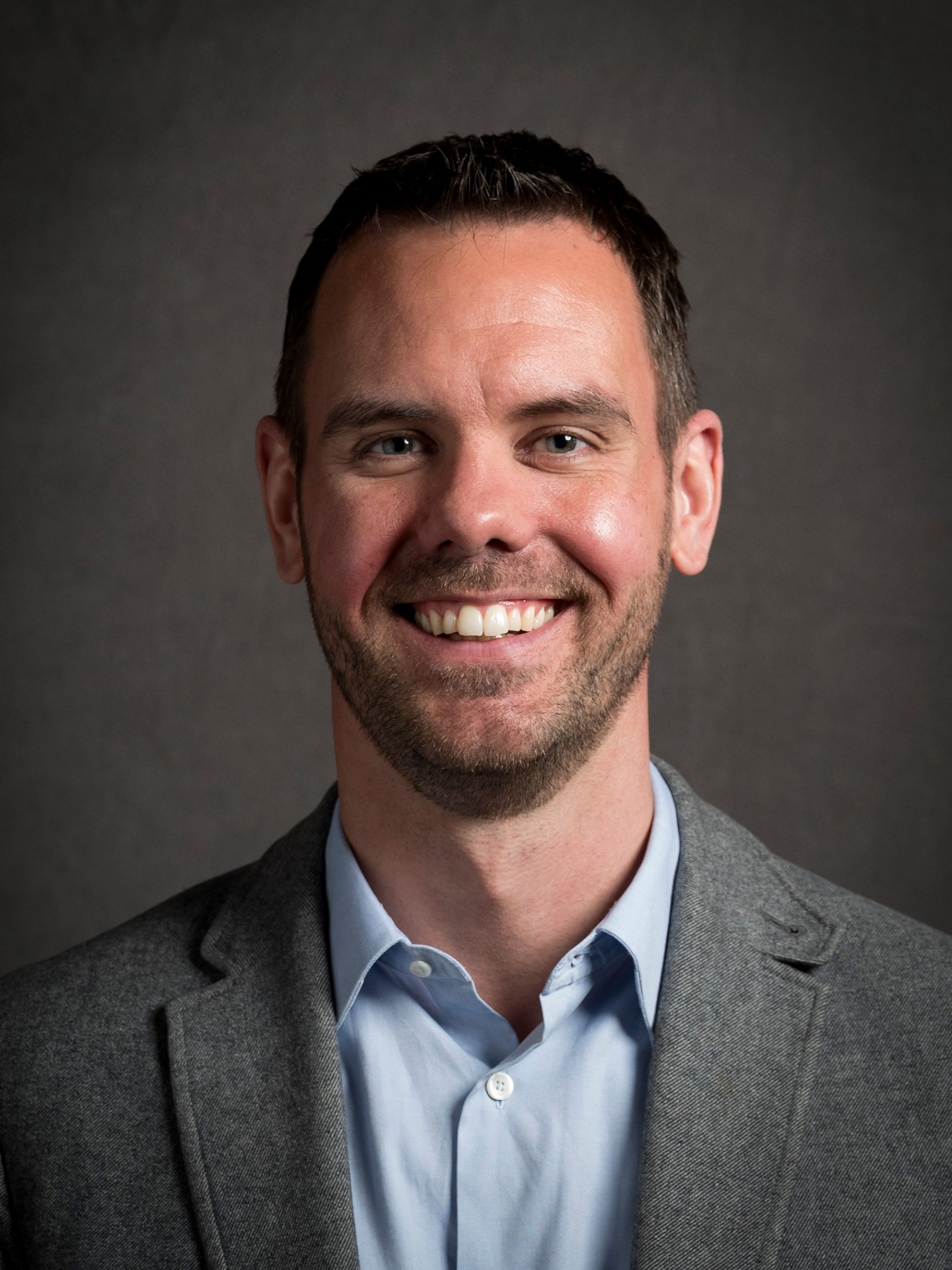
Heated political debates can be found everywhere from national news networks to social media. Some say that this points to a growing body of evidence of an increasingly polarized America. What drives our divides, and how can we overcome them?
That’s what the Center for the Science of Moral Understanding aims to find out. Housed in the department of psychology and neuroscience in the College of Arts & Sciences at UNC-Chapel Hill, the center launched last year under the direction of associate professor Kurt Gray through a $914,000 grant from the Charles Koch Foundation.
“I’m excited to be leading this initiative, and its work is more important than ever,” Gray said. “We live today in such a divided America; it is urgent that we find science-backed solutions to overcoming moral divides.”
The Charles Koch Foundation recently renewed its initial funding with an additional $1.8 million commitment.
“UNC-Chapel Hill’s scholars are undertaking critical and timely research to understand what drives intolerance and how to address it,” said Foundation Executive Director Ryan Stowers. “We’re grateful to support Professor Gray and his team as they expand their work and equip people with the knowledge and tools needed to embrace our differences and productively engage with each other.”
The new gift will be used for scientific research, course development and support for other center initiatives. Gray said he and his team of postdoctoral and student researchers are focused on building upon their previous successes.
“We are expanding the scope and diversity of our initiatives, making the center into a central hub for groundbreaking research, scholar development, and for bridging science and society,” he said. “We are also developing collaborations with partnership organizations who have ‘boots on the ground’ including BridgeUSA and Soliya, both leaders in bridging divides in college students.”
In its first year, the center worked to establish the nascent field of moral understanding, which draws on elements from social psychology, moral psychology and political science, all of which are relevant for understanding intergroup conflict and moral divides. In addition to building an internal research program, Gray and his team have funded creative new scholars doing research across the country, and they are building an online collaboration network to further catalyze the science of moral understanding.
Moving into its second year, Gray is developing an undergraduate course that will be offered in spring 2022. It will provide undergraduate students with a scientific framework for understanding moral divides and provide practitioner-tested tools to help guide civil discussions about hot-button issues, including politics and religion.
The center will also prepare for its first annual conference, to be held in June 2021. It will expand the number of post-doctoral fellowships being offered and provide a set of awards to honor the most innovative work in the field of moral understanding.
Rachel Ernstoff, a graduate student in social psychology who works with the center, said she values being part of a team that is dedicated to answering questions that can make our democracy stronger and healthier. She thinks the center’s emphasis on collaboration is crucial to its success.
“I love that we’re collaborating with some organizations that are working to reduce polarization out in the real world,” Ernstoff said. “There are so many hardworking researchers and organizations that are already working on the same problems as we are, so having the center expand and try to serve as a sort of hub for everything is really awesome.”
Gray and his team say the partnership with the Charles Koch Foundation is what made the center and its work a reality.
“We simply couldn’t do this research without the funding,” said Joshua Jackson, a graduate student in social psychology and researcher with the center. “Reconciling the political divide in America is one of the largest challenges of our time, and the Center for the Science of Moral Understanding is taking on this challenge in a unique and collaborative way.”
